Confucianism, the ancient philosophy, is traditionally rooted in Chinese traditions and culture. Also called Ruism, it's among the oldest traditions of the world and is regarded as a religion. There are two basic symbols associated with Confucianism: Confucius himself and the symbol for water.
What are the Two Important Symbols of Confucianism?
The main philosophy of Confucianism is attaining balance and harmony in life. Confucianism revolves around the rich philosophy centered around the teachings of the philosopher Confucius.
While the Confucianism philosophy goes back two and a half millennia, it comes from the hieroglyphic language. There are a few symbols that represent the core belief of Chinese philosophy. Confucius believed that his followers must focus on his teachings, not the symbols.
There are two basic symbols associated with Confucianism: Confucius himself and the symbol for water.
Confucius Symbol
Confucius, the founder of the religion himself, became one of the most famous symbols. He is an ancient philosopher who was interested in the moral conduct of the people during his time.
This inspired him to form a set of beliefs and values people now refer to as the moral stance of Confucianism.
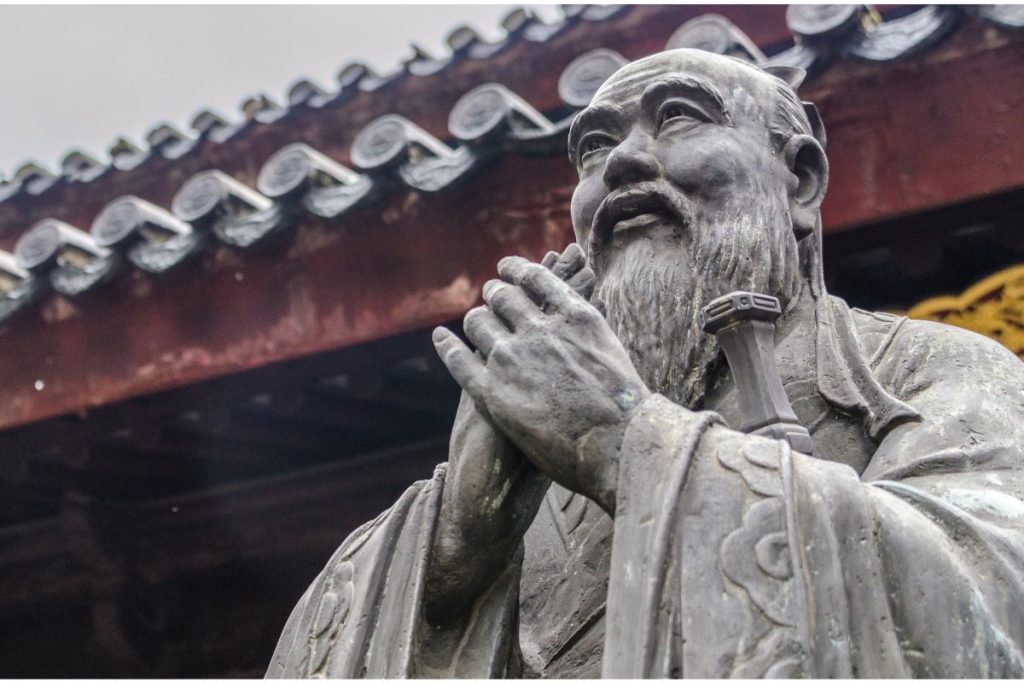
Water Symbol
The other famous symbol in Chinese culture in general, as well as in Confucianism, is the water ideogram. Since it’s one of the five elements, people consider water the source of life on earth.
When it comes to Confucianism, the symbol has added layers of meaning. It symbolizes balance, peace, and tranquility, and all of these demonstrate the goal of the philosophy. Water is also natural, simple, and flexible, which aligns with the principles of Confucianism.
The Chinese symbol for water is rigid-looking. Water is essential for life and allows living beings to grow and thrive. It also has an association with winter and stillness.
The Chinese character for water also expresses tranquility and dignity in one’s life. It maintains peace or understanding with the neighbors. Through this, the symbol depicts the goal of Confucianism, achieved with universal adherence to traditions and ancestral worship.
People also use this symbol in wedding ceremonies in China to represent the harmony between the newlyweds.
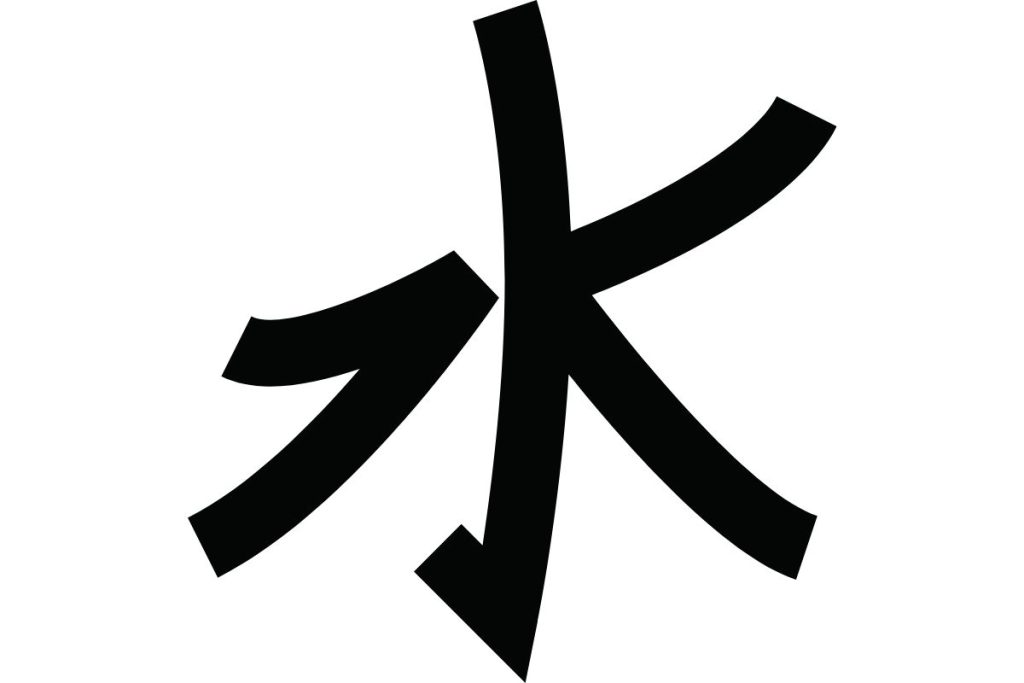
What Are The Other Symbols Of Confucianism?
There are a few other religious symbols associated with Confucianism.
Yin Yang
While commonly regarded as a Taoist symbol, the famous Yin Yang symbol is also prevalent in Confucianism. It is symbolic of the same thing in the two religions: balance in life among two opposite forces.
In Taoism, the symbol depicts duality in concepts, such as good and evil, male and female, and many others. Yin and Yang is a circle divided into black and white halves. Each half-section has a dot or smaller section of the opposite color.
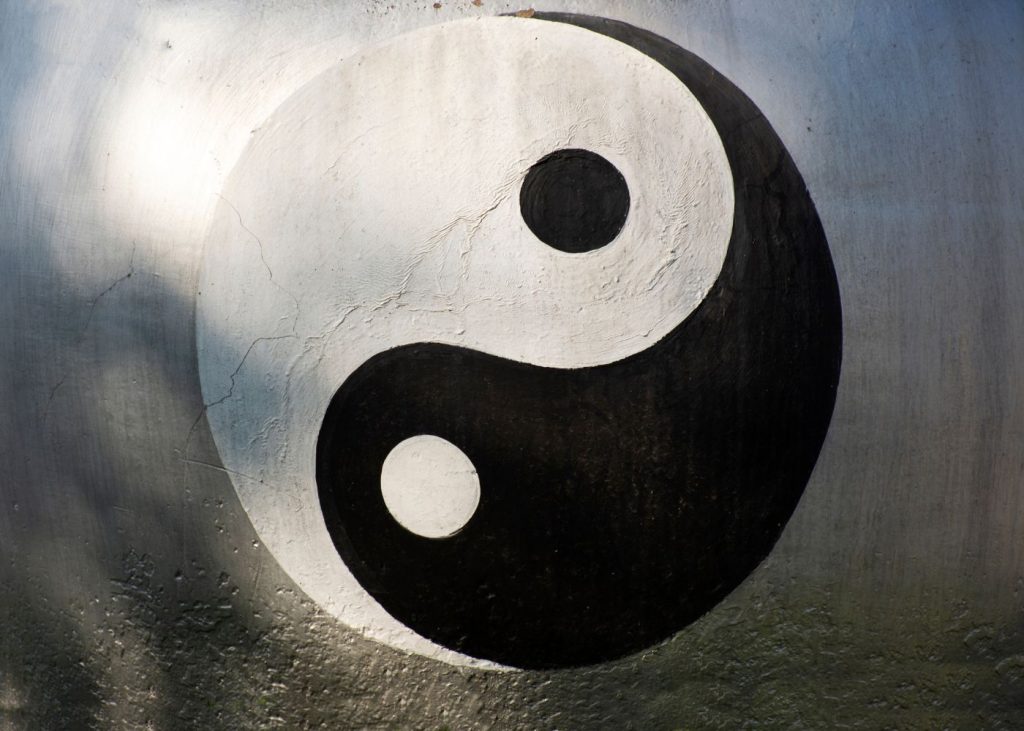
The Jen
The Jen ideogram symbol stands for social virtue. It includes individual values or virtues that can help people achieve and maintain social harmony.
The Jen symbol also includes righteousness, as Confucianism doesn’t seek social harmony merely for its sake of it but focuses on the need for harmony that comes from truth and justice.
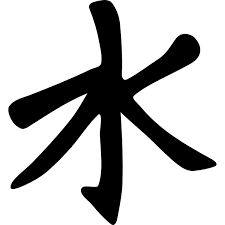
Scholar Symbol
Another common symbol from both Chinese culture and Confucianism is the scholar symbol. It emphasizes knowledge and self-awareness and how both are essential if someone has to achieve balance within themselves.
Confucianism focuses majorly on knowledge, which makes education of high value to those who follow Confucius’s teachings.
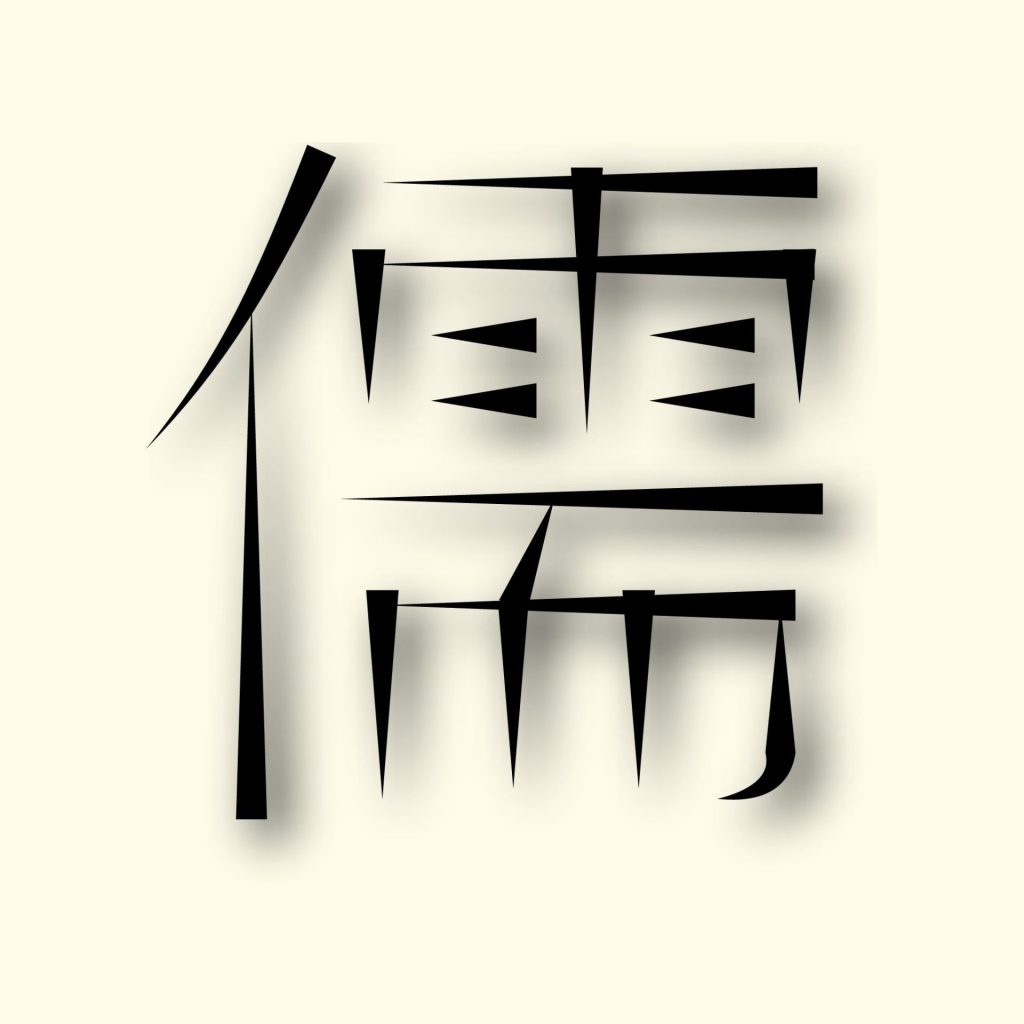
What Is The Name Of The Founder Of Confucianism?
Confucianism, a philosophy and complete belief system from ancient China, was founded by Confucius. He was a teacher and philosopher who lived from 551 B.C.E. to 479 B.C.E.
His disciples wrote his thoughts on morals, ethics, exemplary behavior, and character in several books, and Lunyu was the most important. This philosophy laid the foundation for much of Chinese culture.
While Confucius gave his name to philosophy, he wasn’t the first to talk about the critical concepts of Confucianism. He was concerned with preserving the traditional knowledge of earlier thinkers.
After the death of Confucius, his disciples compiled the wisdom and continued to carry on his work.
What Are The 3 Values Of Confucianism?
The central belief of Confucianism is ancestor worship, which focuses on promoting human-centered virtues that help live a peaceful life. However, the golden rule of this philosophy is, “Do not do unto others what you would not want others to do unto you.”
Three Confucian values support people and enable them to lead a civilized life: filial piety, humaneness, and ritual.
Filial Piety
Filial piety is the respect the younger members of society must show the senior ones. The concept also includes the adoration or consideration given to dead relatives. Besides that, it means that children should respect their parents and take care of them during old age.
In a broader sense, filial piety implies maintaining social hierarchy and obeying superiors. Filial piety is also the foundation of the other two values.
Humaneness
The philosophy stresses that humaneness is even more important than one’s own life. Humaneness is a concern for other human beings and a sense of dignity. Confucius believed that people must support one another to be truly human.
Ritual
This doesn’t imply an empty ritual or rite just for show, but the fact that people must do everything in a proper manner. Ritual means politeness as well as having an understanding of everyone’s place in society.
Who Is The Confucianism God?
Although there are no gods in Confucianism, Confucius himself is worshiped as a spirit and not a god. Kung Fu Tzu, famous as Confucius, was a philosopher from the 6th century B.C.E. China.
Confucius taught a philosophy to bring harmony and balance to individuals and society. Though people view Confucianism as a religion, it does not have a god figure. It’s considered a social or philosophical way of living, not a religious system.
Confucius emphasized the importance of education to create a virtuous character. He believed that people are good but might stray from proper conduct.
The Confucian tradition has some important symbols that depict its belief system: Confucius himself, the character for water in Chinese, the scholar character, and the Yin Yang symbol. These symbols represent the values preached by Confucius, like filial piety, harmony, and balance.
If you found this article helpful, check out this post on the deeply historic meaning of the Farvahar symbol.

